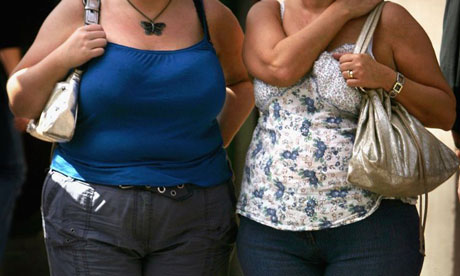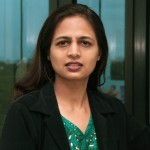A two-part series that looks at what obesity is doing to young Mumbai, and how to get help in time.
 by Dr Jayashree Todkar
by Dr Jayashree Todkar
Part I
Obesity is striking the young much more than it used to. Today, I am constantly counselling and treating men and women in the 20 to 30 age group, and they are wishing to be treated for a variety of disorders and diseases stemming from obesity or increased weight gain. This age group is the most ‘active’ age group – socially and sexually – but it also the age group that is increasingly sedentary in its lifestyle. Eating the wrong kind of food, little to no exercise, rising amounts of stress, not seeing a doctor for niggling ailments on time – all of these are contributing to the problem.
Obese people also do not link their condition with other things like infertility and diabetes, but there is enough evidence to show that obesity does cause hormonal imbalances, thereby leading to infertility and some cancers, both in men and women.
In women, especially, the incidence of Polycistic Ovary Syndrome (PCOS) is steadily going up, and several times, the reason is linked to obesity. We feel that obesity only manifests itself in weight gain, but the other physical and psychological impacts it has on the sufferer are complex and immense. For instance, several of my patients who suffer from PCOS take medications to get their menstrual periods on track. Once the medication is taken and the period arrives, they feel they have been cured. But stop the medication, and the problem resurfaces. A woman suffering like this has a harrowing time trying to conceive or take the pregnancy to term. Several times, pregnancy becomes impossible without IVF intervention.
The ovaries are amongst the first to show signs of hormonal distress. Irregular periods are a sign of a lack of healthy egg production; eggs are not fertilised naturally and hence, medications help to fertilise them artificially. I have seen young women show symptoms like highly irregular periods, scanty periods (where the period ends in a day), pre-diabetic conditions and worse, developing sexual characteristics of the opposite sex, such as hirsuitism. In young men, these characteristics could be a large enlargement of breasts (commonly referred to as ‘man boobs’) and deposition of fat around the penis. Men also experience decreased levels of testosterone.
Priyanka Gupta (name changed) called my clinic a few months ago, wanting to meet me but hesitating to come to my clinic. I agreed to meet her at a hotel. When she arrived, her face was entirely draped by a scarf. When she took the scarf off, I had tears in my eyes – her face was very hairy and she needed to wax it every alternate day. She was 28 years old, and her condition had primarily beaten her self-confidence, she couldn’t control her weight, and she hadn’t had a period in 10 years without popping pills. A month after undergoing treatment with me, she called to say that she had had her first period in 10 years without taking medication. Also, her facial hair growth had reduced quite a lot.
Next: How was Priyanka cured? Do you think your health problems could be linked to obesity? Find out in the concluding part of this series, tomorrow.
Dr Jayashree Todkar is visiting bariatric and laparoscopic surgeon, and Director of Obesity and Diabetes Care Centre, Dr L H Hiranandani Hospital, Powai. She holds the distinction of being the first female bariatric surgeon in India.





